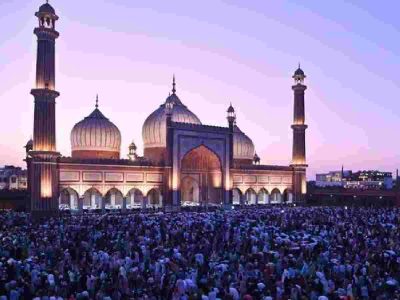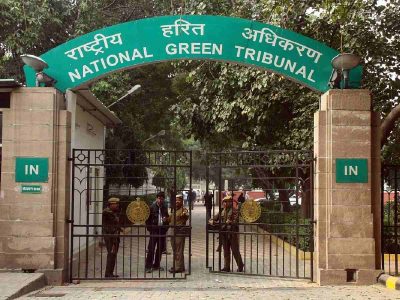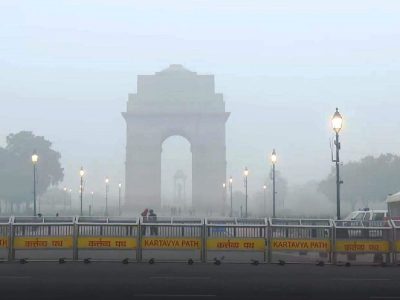A tiny, obscure gate amid a bustling market in south Delhi’s Bhogal area opens to a basement with two rooms that look like shops but hold a special place for the residents of the area. For, they house Anjam Knowledge House, a community school started by an Afghan refugee, Ahmad Khan Anjam.
Ahmad, who moved to India seven years ago, started the community school for fellow refugees in 2017, in a bid to help them survive as well as make a living in the new country.
With hopes and dreams in their eyes, 150 Afghan refugees attend these classes and are taught English among other things including cultural activities. The school begins at 8am and closes at 8pm.
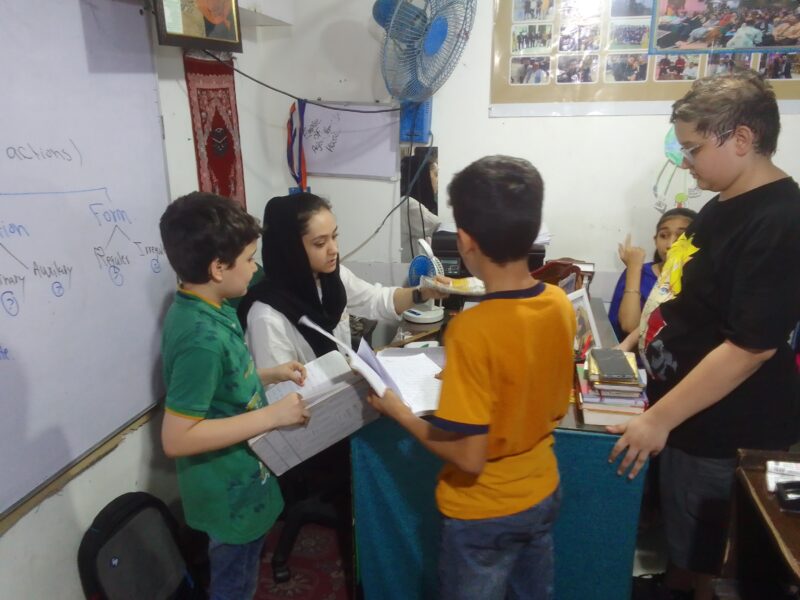
“I started this centre in 2017 because when I came from Afghanistan, I saw many Afghans experiencing problems related to language. Also, most of the refugees can’t go to school and universities because of problems related to visa. So I started teaching English and other Indian languages at this institute,” Ahmad told Patriot.
According to the United Nations High Commissioner for Refugees (UNHCR), India hosts thousands of refugees from Afghanistan. In Delhi, many of them live in Lajpat Nagar, Malviya Nagar and Jangpura Extension. Most Afghans here run small businesses, shops, and eateries to make a living. Most of them find it difficult to afford education for their children with meagre incomes.
Many Afghan refugees struggle with the most basic tasks, let alone gaining admission to colleges and schools or finding a job. The main hurdle is language comprehension. Most Afghans speak only Pashto.
Therefore, they are taught English and other languages at the institute. Apart from English, they are also taught Indian cultures and sports.
“I introduced English, mathematics, computer science and other activities and cultures as well as sports like kabaddi, volleyball and cricket. Students, who come here for education, learn all the important subjects. The response has been good,” said Ahmad.
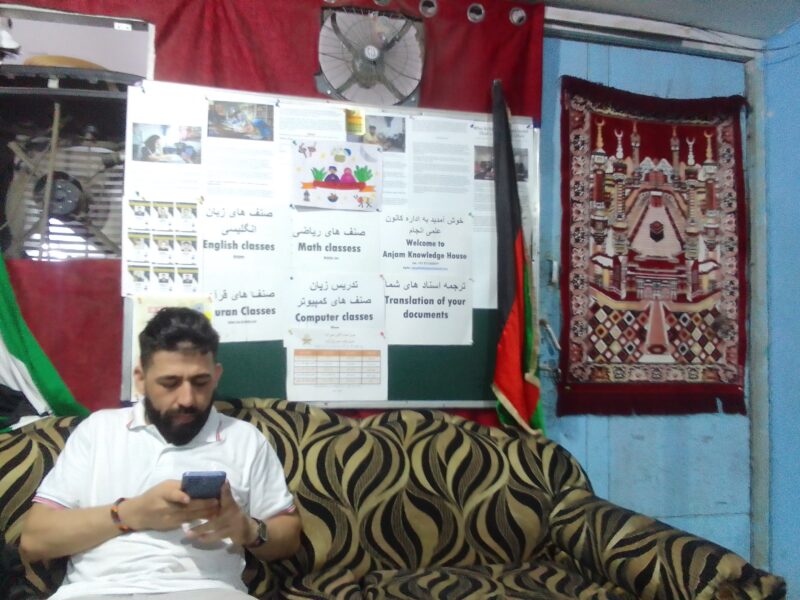
Ahmad revealed that the school faced financial problems after the outbreak of Covid-19 pandemic in India and the number of students had to be reduced.
“Before the 2019 (pandemic), there were around 600 students here. But the coronavirus outbreak severely impacted our finances. Now, there are four teachers — two males and two females including me, and only 150 students. We need to pay salaries to the teachers too. Even when everything was shut, we paid the salaries.”
Ahmad claimed that he has approached the national and international community for help but nothing has materialised.
“We pay Rs 25,000 for rent, water, electricity and other facilities. While the fees from students make up part of it, I also chip in from my own pocket as I do night shifts in a restaurant at a salary of Rs 50,000. I reached out to the Afghan embassy in India, United Nations High Commissioner for Refugees (UNHCR) in Geneva, among others and appealed to them for help and support multiple times but received no response. Even NGOs haven’t helped. Many foundations captured our pictures for their own benefit, but didn’t give us any help. We already face many problems as refugees. But no one is willing to help us. So, I am very confused about the future of the students. I am not comfortable running this and without support, it can shut down.”
Among the students in Anjam Knowledge House, some aspire to become doctors. Many of them have started speaking Indian languages.
Marwa, 14, who was busy talking to friends in the classroom in her mother tongue says she is improving her Hindi.
The eighth class student at the nearby Kamla Nehru Navodaya Vidyalaya said, “This centre is very helpful and the teachers are very supportive here. This helps me a lot in my studies. I want to become a doctor, because I want to fulfill my parents’ wish and help the poor.”
Her family came to India from Afghanistan in 2019 and lived near Jangpura Extension.
“My father has no job yet, so my aunt (khaala), who lives in Canada helps us survive,” she added.
Another refugee Farhan Muhammad, a class XI student of Syed Jamaluddin Afghan School, the only school for Afghan refugees in India, also praised the institute.
“Studies are very good here. My father runs a coffee shop in Lajpat Nagar. I also want to become a businessman,” he told Patriot in the classroom.
The refugees in India face a big problem. Since India is not a signatory to the 1951 United Nations Refugee Convention, they are deprived of the rights ensured by the United Nations.
“As refugees, we don’t have a good life. Refugees are also human, they have rights, they also need help but we have nothing now. No government or NGO cares about us. We are not happy and in India we do not have a good life,” Anjam concluded sadly.


